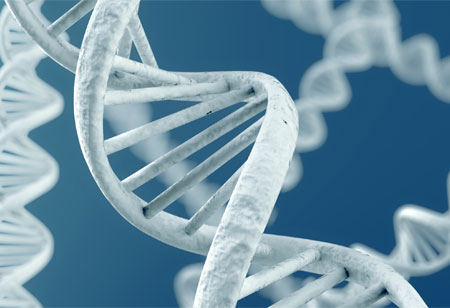THANK YOU FOR SUBSCRIBING
Individualizing Drug doses Amongst Patients of Depression
Genetic variations can be responsible for the failure of drugs such as Serotonin reuptake inhibitors (SSRIs) which are used to treat depression.

By
Apac CIOOutlook | Thursday, January 01, 1970
Stay ahead of the industry with exclusive feature stories on the top companies, expert insights and the latest news delivered straight to your inbox. Subscribe today.
Genetic variations can be responsible for the failure of drugs such as Serotonin reuptake inhibitors (SSRIs) which are used to treat depression. According to a new study published in the American Journal of Psychiatry, variations within genes and enzymes such as the CYP2C19 are responsible for differences in bioavailability of SSRIs like escitalopram amongst patients. Escitalopram’s dosage is prescribed to patients based on their specific genetic constitution, and this greatly improves therapeutic outcomes.
SSRIs are commonly used for the treatment of depression, but several patients react and respond differently to them. Among all the SSRIs, escitalopram was quite frequently used in the clinics to treat patients with depression. But the use of this drug has become quite limited as the response to the drug was not as expected, with many patients developing adverse reactions after the discontinuation of treatment.
To understand if a patient will be able to respond properly to a drug therapy, many researchers have been attempting to establish genetic biomarkers that can predict how a patient would respond. People with the variant of genes usually have increased enzyme expression and low blood levels of escitalopram. Studies show that one-third of the patients tested for drug levels have either too high or too low levels of drugs in their blood.
Thus individualizing doses, genotyping of CYP2C19 could be of considerable clinical value and can give better all-round anti-depressive effect to a patient.





